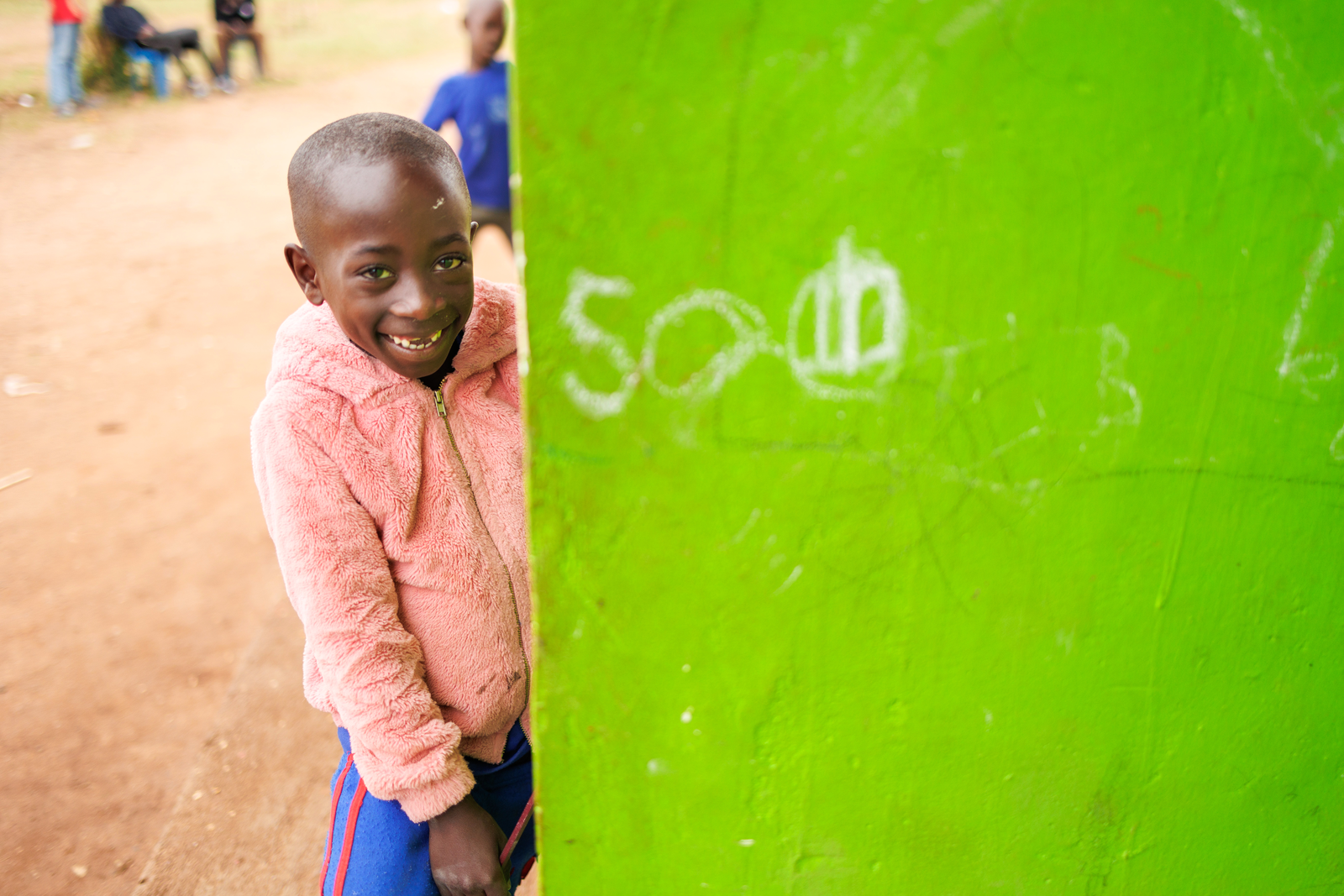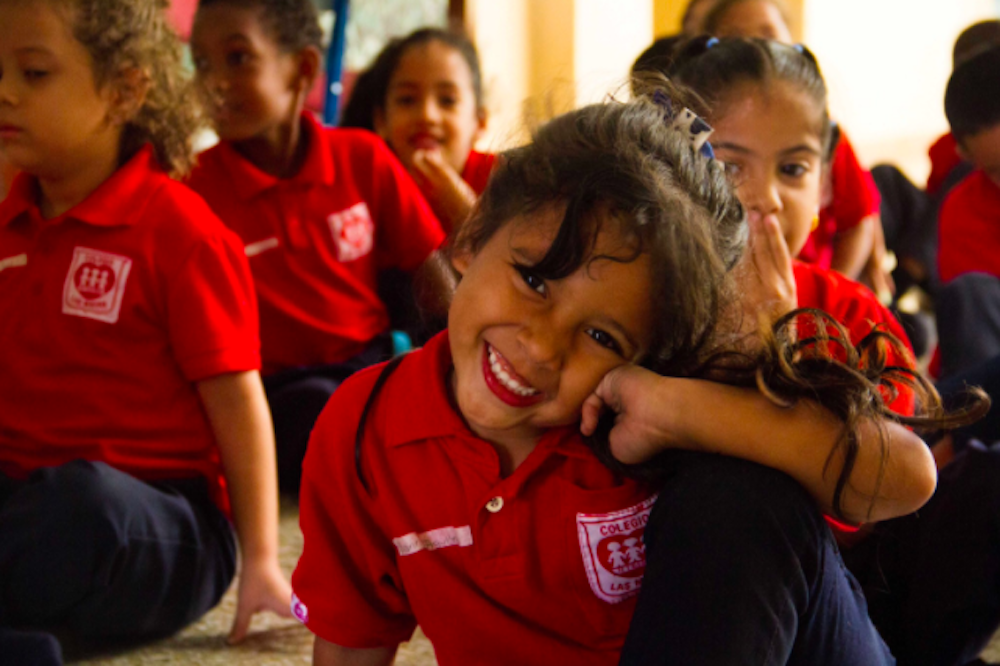
Venezuela’s children suffer in hunger and refugee crisis
Early childhood development, Education in emergencies, Refugees and internally displaced people
Malnutrition and diseases are on the rise and hundreds of thousands have fled the South American country because of hunger and violence.
If you were to ask people to name the world’s major refugee crises, it’s doubtful that Venezuela would be high on anyone’s list.
But more than 1.5 million people have fled the South American country to get away from hunger, violence and disease.
As with any refugee crisis, children are being hit badly – particularly the very young.
Tuberculosis is back and other infectious illnesses – including malaria, diphtheria and measles – have increased as Venezuela struggles with an economic nightmare that has seen five years of recession and inflation rocketing to more than 4000%. The International Monetary Fund forecasts inflation will hit 13,000% by the end of this year.
The hunger crisis means malnutrition is growing too.
“While precise figures are unavailable because of very limited official health or nutrition data, there are clear signs that the crisis is limiting children’s access to quality health services, medicines and food,” UNICEF spokesman Christophe Boulierac said last month.
Venezuela’s government has not published data on wasting – a low weight-to-height ratio in children under five – since 2009, when the figure was 3.2%. Aid agency Caritas put the figure at 15.5% in August.
Almost nine in 10 Venezuelans say their income isn’t enough to buy food and 61% of those polled admitted going to bed feeling hungry.
Nutrition is one of the five vital areas of care that children under five need to develop properly and fulfil their potential.
Theirworld’s #5for5 campaign raises awareness of early childhood development and calls on world leaders to invest to give every child the best start in life.
The World Food Programme is expanding its school meals in Venezuela to ensure more children are properly fed and in classrooms instead of falling into child labour, begging on the streets or being recruited by gangs with promises of food.
Colombia alone has taken in 600,000 Venezuelans. Save the Children’s child protection coordinator in Colombia, Jenny Gallego, said children entering the country are at risk of kidnapping and exploitation by criminal gangs.
She added: “Their total invisibility to support services and government agencies leaves them incredibly vulnerable to those who seek to exploit and abuse them, such as traffickers or recruiters for armed groups and organised criminal gangs.”
Mechanic Luis Arellano and his children were among the lucky ones who found beds at a shelter in Maicao run by the Catholic diocese with help from UNHCR. The 58-year-old said his children’s tears of hunger drove him to flee his home country.
“It was 8pm and they were asking for lunch and dinner and I had nothing to give them,” he said, spooning rice into his seven-year-old daughter’s mouth.
“This isn’t the size they should be,” Arellano said, raising his children’s spindly arms.

Nazareth, a mother-of-two, also fled to Colombia because of lack of food and extreme levels of violence.
She told the Norwegian Refugee Council: “My children did not attend the school in Venezuela due to constant riots and violence. I was starving. My two children were hungry too.”
Colombia is letting the refugees access public health care and send their children to state schools.
Venezuelans have also fled to Brazil, Chile, Ecuador, Panama, Argentina and Peru, while others have sought refugee status in the United States, Spain, Mexico and Costa Rica, according to the United Nations refugee agency UNHCR.
“We are stepping up our response in Brazil as the number of Venezuelan arrivals grows,” UNHCR spokesman William Spindler told a news briefing. “According to the government’s latest estimates, more than 800 Venezuelans are entering Brazil each day.
“As the complex political and socio-economic situation in their country continues to worsen, arriving Venezuelans are in more desperate need of food, shelter and health care.”

More news

MyBestStart programme gives young girls the education they deserve
